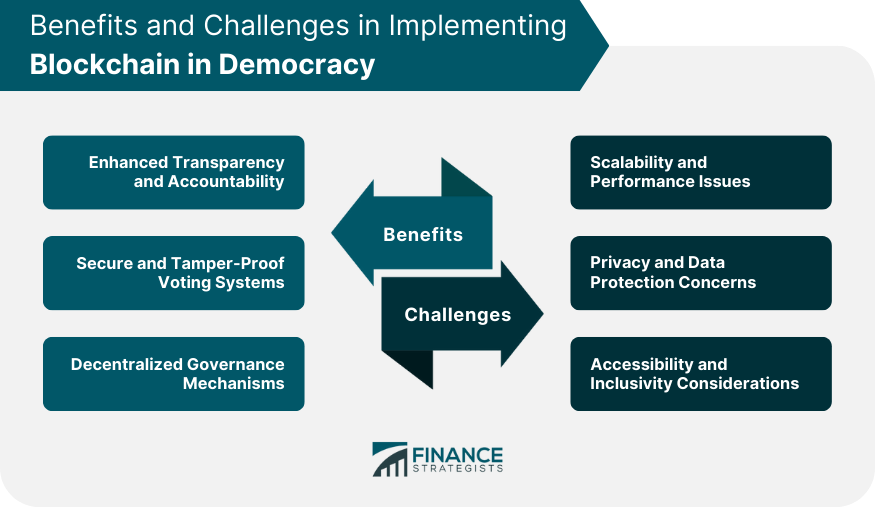Decentralized Autonomous Organizations (DAOs) have emerged as a revolutionary concept with the potential to transform how organizations operate. DAOs leverage blockchain technology to create transparent, democratic, and automated systems for managing collective decision-making and resources. This article delves into what DAOs are, how they work, and their potential impact on various industries.
What is a DAO?
A DAO is an organization represented by encoded rules that are transparent, controlled by organization members, and not influenced by a central body. Unlike traditional organizations, DAOs are decentralized, meaning no single entity has complete control. Instead, decision-making power is distributed among the members based on the rules coded into the blockchain.
How Do DAOs Work?
Creation and Funding: A DAO is created by developers who set the rules and governance structure. These rules are transparent and immutable once deployed on the blockchain via a smart contract. Funding is typically raised through token sales, where investors buy the DAO’s native tokens.
Membership and Voting: Ownership of these tokens grants members voting rights. The more tokens a member holds, the greater their voting power. Proposals for changes or new projects are submitted and voted on by token holders. If a proposal receives the required number of votes, it is automatically implemented by the smart contracts.
Regulatory compliance serves as a foundational element for institutional adoption, providing a competitive advantage, especially within the domain of dApps, DAOs, and blockchain protocols.
Here are the key points from our panelist, @LeoMizuhara (co-founder and CEO of… pic.twitter.com/RZoCJaP4ZI
— Dexponent (@Dexponentx) May 8, 2024
Advantages of DAOs
Decentralization: By eliminating the need for a central authority, DAOs reduce the risk of corruption and centralized control. Decision-making power is distributed among all members, promoting a more democratic and fair governance model.
Transparency: All activities and transactions of a DAO are recorded on the blockchain, providing complete transparency. Members can independently verify actions and decisions, ensuring accountability.
Efficiency: Smart contracts automate processes, reducing the need for intermediaries and streamlining operations. This automation can lead to faster decision-making and lower administrative costs.
Global Participation: DAOs are open to anyone with internet access and the necessary tokens, enabling global participation. This inclusivity can lead to diverse perspectives and more innovative solutions.

Challenges and Risks
Despite their potential, DAOs face several challenges and risks:
Security Vulnerabilities: As with any software, smart contracts can have bugs or vulnerabilities that can be exploited.
Regulatory Uncertainty: The regulatory environment for DAOs is still in it’s infancy and is prone to change. Lack of clear regulations can pose legal challenges and hinder widespread adoption.
Governance Issues: While decentralization is a strength, it can also lead to governance challenges. Coordinating a large group of diverse members to reach consensus can be difficult and time-consuming.
Token Concentration: In some cases, a small group of individuals or entities may hold a large percentage of tokens, leading to the centralization of power and undermining the democratic nature of DAOs.
Potential Applications of DAOs
DAOs have the potential to revolutionize various industries. In finance, DAOs enable decentralized investment funds where members collectively decide on strategies and share profits. For social networks, DAOs facilitate user-governed platforms, enhancing privacy and freedom of expression.
In the charitable sector, DAOs ensure transparent and efficient management and distribution of funds, building donor trust. Supply chain management benefits from DAOs by automating processes and ensuring transparency, reducing fraud and errors.
Final Thoughts
DAOs represent a significant shift in how organizations can be structured and operated. By leveraging blockchain technology and smart contracts, DAOs offer a transparent, efficient, and democratic alternative to traditional centralized organizations.
As the technology and regulatory frameworks evolve, DAOs could become a cornerstone of how organizations are run as standard.
Opinions expressed here are opinions of the Author. Influencive does not endorse or review brands mentioned; does not and cannot investigate relationships with brands, products, and people mentioned and is up to the Author to disclose. Accounts and articles may be professional fee-based.

